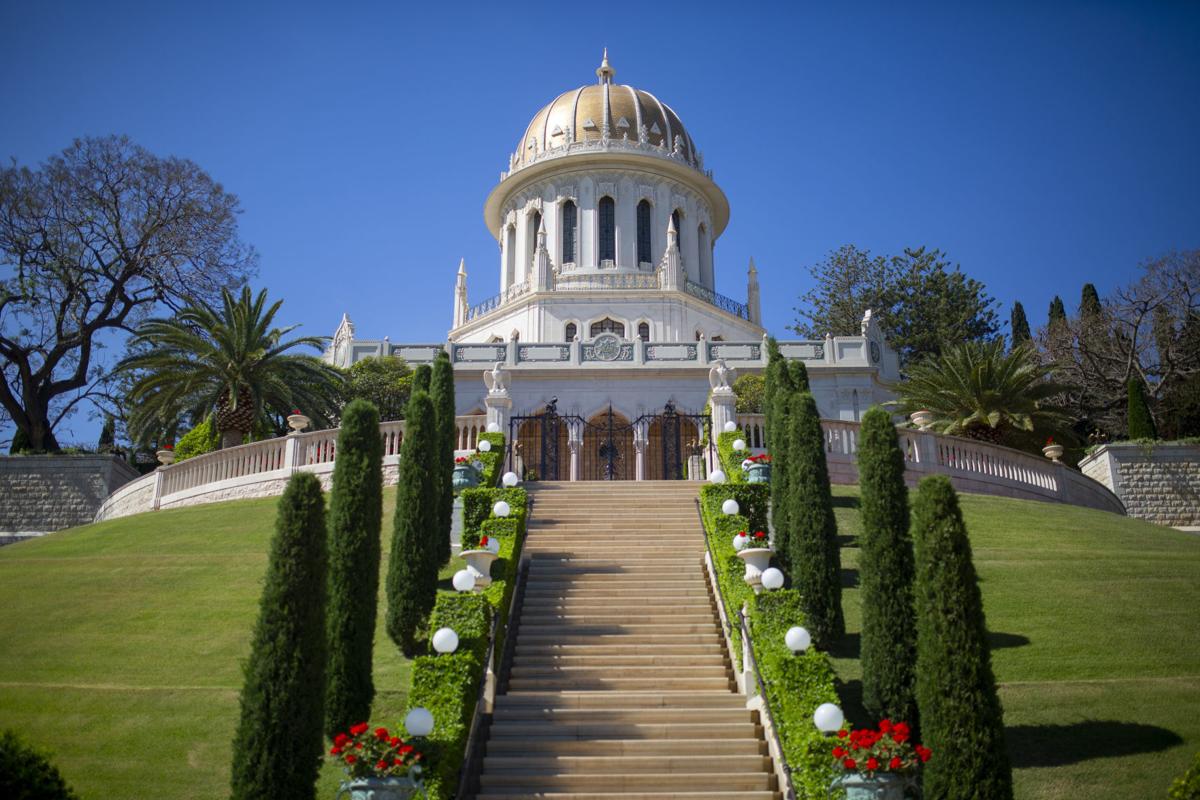
Democracy today is undoubtedly the prevailing political system of the world. This is a sign of the growing maturity of humanity because democracy involves the people in the conduct of their own community affairs.
Democracy provides protection for the rights of individuals through such principles as equality before the law and the rule of law, free public discussion and accountability of government…
Nevertheless, there is much evidence that the democratic political system is holding humanity back from the solution of urgent global issues—peace, environment, poverty, trade, finance, crime, and the advancement of civilization… Democracy tends:
• To parochialism: putting the national interest before the global interest, and local interest before national interest.
• To short-term vision: focusing generally on the next election.
• To division and conflict: struggling for political power.
• To disregard the rights of minorities. (It took the American democracy nearly 200 years to give equal rights to its black citizens.)
The Bahá’í administrative order is an alternative model adapted to the global challenges of our time. It is used by the Bahá’í community for its own internal affairs, but has the potential to evolve into a global system for all humanity.
The basic structure of the Bahá’í administrative order consists of a hierarchy of elected assemblies at the local, national, and world level. The Bahá’í community has 175 National Spiritual Assemblies and over 17,000 Local Spiritual Assemblies in more than 200 independent countries and large dependencies.
The supreme body, called the Universal House of Justice, gives guidance and direction to the whole world community and thereby protects the welfare of society as a whole as well as that of minority groups.
At the same time, the maximum feasible amount of responsibility is delegated to the lower levels to make government human-sized and participatory. The system is simple; it can be applied in any community.
The elected bodies are paralleled by appointed bodies of counselors…Such boards have no administrative function but rather act as teachers and protectors, independently observing and advising on the spiritual health and welfare of the community.
The electoral system has both direct and indirect elements. The Local Spiritual Assembly is elected annually at a local convention by direct secret ballot of all adult members of the community. The National Spiritual Assembly is similarly elected annually at a national convention consisting of delegates elected on a regional basis by the national community.
The Universal House of Justice is elected every five years by an international Convention composed of the members of all the National Spiritual Assemblies.
Each body has nine members, and, to be valid, each ballot cast must list nine names. Minorities are favored in the case of tied election. All qualified adults have a sacred duty to vote.
Nominations, forming of parties, and campaigning are strictly forbidden. Eliminating these features tends to reinforce a sense of unity. They preclude the emergence of egotistical leaders, who so often are a cause of corruption.
At all levels of the Bahá’í administrative structure, consultation is practiced with a view to increasing the probability of arriving at the best decision.
The first principle of Bahá’í consultation is universal participation to benefit from the widest range of experience and wisdom. It is the responsibility of all members, not just the chairperson, to see that everyone has an equal opportunity to contribute. Every member is encouraged to speak frankly, with calmness and courtesy.
The second principle is detachment and objectivity. The discussion should follow a logical sequence, prayer to set the tone and perspective, and then the normal steps of scientific inquiry: determining the exact nature of the problem, ascertaining the relevant facts, agreeing on the spiritual or administrative principles involved, a full and frank discussion, voting on a resolution, and finally putting the resolution into effect.
All should feel that the ideas put forward belong to the community, and not to the person who first presented them. Indeed, a participant may well speak against his or her original suggestion if a superior suggestion subsequently emerges from the discussion.
The third principle of Bahá’í consultation is the need for unity in carrying out decisions. Decisions can be made by majority vote, but Bahá’ís are encouraged to strive for those approved unanimously.
If a decision is made by majority vote, a person in the minority should wholeheartedly support the implementation of the decision. He should not campaign to stop it, as this would only cause dissension and undermine the unity of the community, which is held to be far more essential than avoiding a possible short-term mistake.
If proper consultation procedures have been followed, the chance that a mistake has been made will be low. In any case, such mistakes can be reversed if further consultation is brought about as a result of proper appeal procedures, first through the body that made the decision and then, if that fails to bring satisfaction, through higher bodies.
To summarize, the Bahá’í administrative order recognizes the value of the individual, puts emphasis on unity, diversity of experience, a global vision, the objective search for truth, and ethical principles, and at the same time, on equality and universal participation.
The Bahá’í community has a great deal of experience with such a system on a global scale. It is offered to humanity as a workable way in tune with the needs of our time.225



